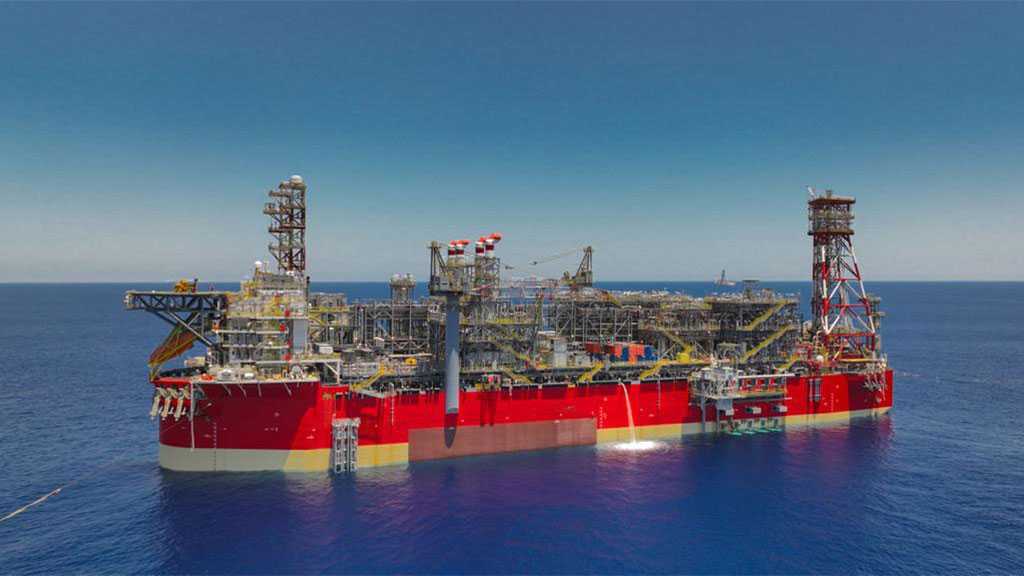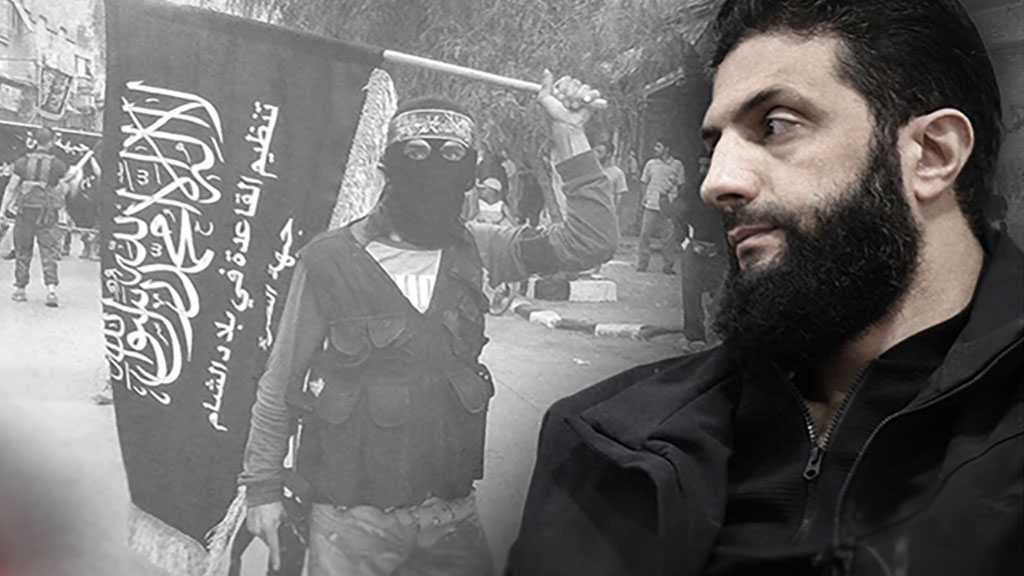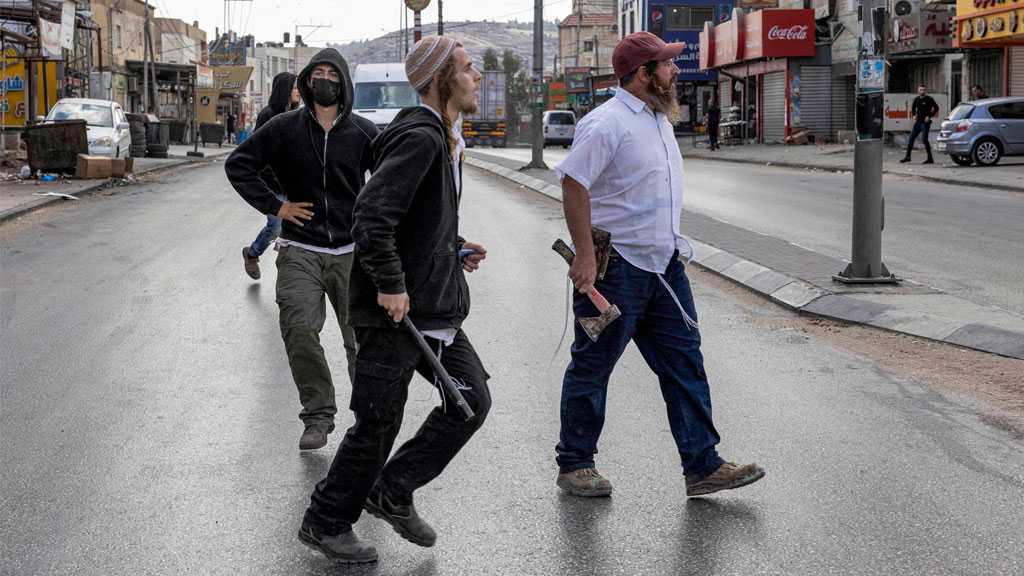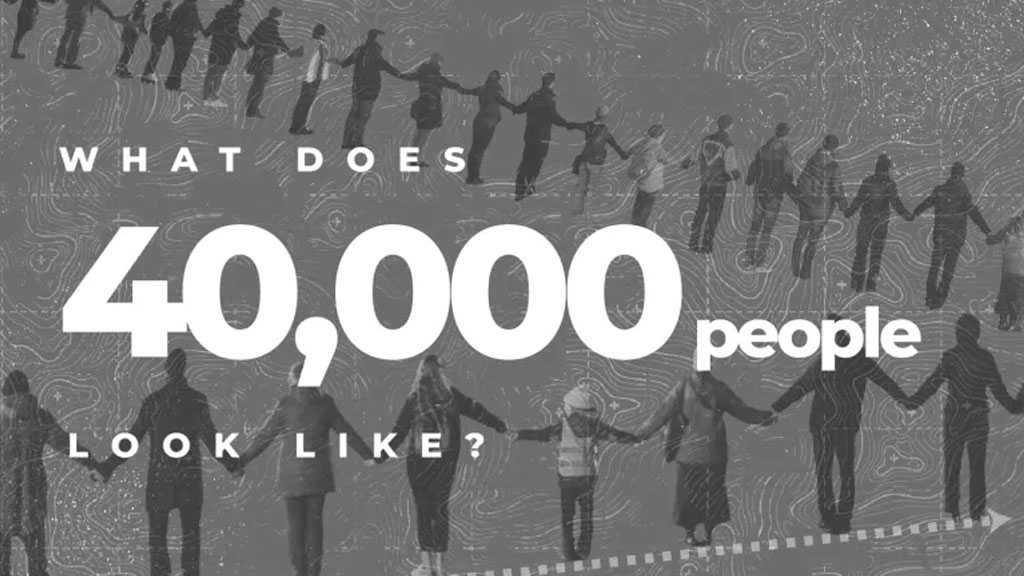Karish Gas Field: Are Lebanon and ‘Israel’ Preparing for War?

By Paul Khalifeh | MEE
Not since 2006 has the risk of war between Lebanon and ‘Israel’ been so high.
Since Hezbollah Secretary General [Sayyed] Hassan Nasrallah threatened to use force to prevent ‘Israel’ from unilaterally extracting gas from certain eastern Mediterranean fields, there has been open and secret diplomacy to avoid a conflict whose consequences would be incalculable.
On 13 July, for the first time, Nasrallah explicitly threatened ‘Israel’ with war if it went ahead with its plans in early September to start operating the Karish gas field, located on the edge of the Lebanese Exclusive Economic Zone [EEZ].
These threats, repeated several times in recent weeks, were preceded by the launch of three surveillance drones towards the Karish platform on 2 July.
This was followed by the broadcast of a video as part of that psychological warfare, showing a launch pad and Iranian land-to-sea missiles of the Nour type [a modified version of the Chinese C-802 missile] and infrared images of Karish and ‘Israeli’ production and extraction floating units around the platform, with their geographical coordinates.
The military option
At the end of July, Hezbollah operatives, dressed in khakis but without weapons, marched along the Lebanese-‘Israeli’ border, a few meters from the ‘Israeli’ soldiers posted on the other side of the fence.
Nasrallah's threats peaked on 10 August. Addressing the crowd during the commemoration of Ashura, which marks the martyrdom in 680 of Imam Hussein, grandson of the Prophet Mohammad, the leader of Hezbollah asked his supporters to "be prepared for any eventuality... The hand that will touch our wealth will be severed," he insisted.
"By putting the military option on the table, Hassan Nasrallah actually wants to relaunch negotiations on the demarcation of the maritime border at a time when gas extraction in the eastern Mediterranean is becoming a global issue in the context of the confrontation between Russia and Western countries,” a former Lebanese foreign minister, who requested anonymity, told Middle East Eye.
"Eastern Mediterranean gas, including that from Lebanon, is today one of the elements of the global confrontation," Charles Abi Nader, a retired Lebanese general, told MEE. "If enough gas is extracted to partially replace Russian gas, it could change the international equations. Russia managed to turn gas into an effective weapon that has caused cracks in the Western camp," he added.
Hezbollah's critics, for their part, do not hide the possible negative repercussions on Lebanon of what the media now call "the Nasrallah equation."
“Hezbollah’s leader behaves like an actor in the game of nations. But we must stay out of this game. Mr. Nasrallah should try to save us from a war. If war happens it would cause mutual destruction,” warned Druze leader Walid Jumblatt. Addressing Nasrallah during a recent interview, Jumblatt added: "You can send drones and launch missiles, but try to think about the response even if you believe in military deterrence."
The 'Nasrallah equation'
Nasrallah's approach, however, has its defenders. "I think this equation can serve the interests of Lebanon at all levels," argues Abi Nader. "If Lebanon did not have assets and deterrent capabilities that make it strong, ‘Israel’ would not have resumed the process of indirect negotiations [suspended since October 2021]."
"If [‘Israel’] did not take into account the fact that there exists in Lebanon enough forces capable of preventing the exploitation of the Karish field, which the UN considers a non-Lebanese exclusive economic zone, ‘Israel’ would already have started extracting gas," said the expert in military and strategic issues.
For him, "even if the drones were shot down over the Karish area, that was a message to the ‘Israelis’ showing the seriousness and determination of Hezbollah to oppose ‘Israeli’ goals. If unarmed drones managed to approach the platform, it means that armed devices could do the same."
Nasrallah's verbal threats are accompanied by concrete measures on the ground. Sources close to the party, corroborated further by Lebanese security officials, tell MEE that Hezbollah has put its forces in Lebanon and Syria on high alert. Elite units of the al-Radwan brigade, deployed for years around the city of Aleppo against armed groups, have been redeployed to southern Lebanon and reserve units have been asked to stand by.
"This is the largest mobilization seen since the 2006 war," a Lebanese security official told MEE. “Thousands of fighters are involved. Members of Hezbollah who live abroad have been recalled and maneuvers have been discreetly organized to test the effectiveness of command and control posts as well as the telecommunications network installed by the party throughout Lebanon."
Drums of war
‘Israel’, too, is preparing for war. The ‘Israeli’ army put its forces on the border with Lebanon on high alert, and the Iron Dome, in its land and naval versions, was deployed in the conflict zone. The ‘Israeli’ Navy has also reinforced its presence around the Karish field.
Despite this massive military deployment on both sides of the border, Abi Nader thinks that "war is unlikely." "When deterrence becomes effective, the likelihood of a war between the protagonists decreases," he explained.
"We saw this during the Cold War or between India and Pakistan, both of which became nuclear powers. The other reason that keeps the specter of war away is the Western search for some stability in the Near and Middle East, as a conflict would jeopardize efforts to exploit gas resources."
However, the former head of Lebanese diplomacy interviewed by MEE does not share this analysis. “The risks of war and agreement are equal. Many parameters come into play and no one can predict the course of events with certainty,” he said.
The belligerents, therefore, have their finger on the trigger pending the outcome of the negotiations, which resumed through the US envoy Amos Hochstein. In mid-June, the state department's senior advisor for energy security resumed his diplomatic shuttles between Lebanon and ‘Israel.’
The final response
‘Israel's’ final response to Lebanon's demands - namely, a maritime route based on Line 23, the entire Qana field, the refusal of any joint project with ‘Israel’ and the payment of financial compensation, and more generally, the right for Lebanon to exploit its gas resources as long as ‘Israel’ does the same – has still not been officially conveyed to the Lebanese authorities. However, this week, ‘Israeli’ Channel 12 reported its content, citing unofficial sources.
‘Israel’ would offer to fully retain the Karish field yet cede the entire disputed area to Lebanon, including the Qana field, in return for financial compensation for the entangled areas, which are one-third the size of Qana. But Lebanon refuses to pay any financial compensation.
‘Israel’ also proposes that the work in the Lebanese and ‘Israeli’ gas fields be entrusted to the same company, in this case Energean, responsible for extracting the gas from Karish. However, for Beirut, which refuses any form of normalization of relations with ‘Israel,’ having joint projects with the country is out of the question.
‘Israel's’ Channel 12 also reports that gas extraction, which was due to begin in early September, will be postponed until October for "technical reasons." Thus, Hezbollah no longer has a pretext to attack ‘Israeli’ gas infrastructures in the immediate future.
The Lebanese daily Al-Akhbar, close to Hezbollah, believes that the ‘Israeli’ response includes concessions, but also "many pitfalls that Lebanon will not be able to accept."
Lebanese authorities are currently waiting for Hochstein to officially convey ‘Israel's’ response. The subsequent sequence of events will depend on Hezbollah's assessment of it.
Comments




